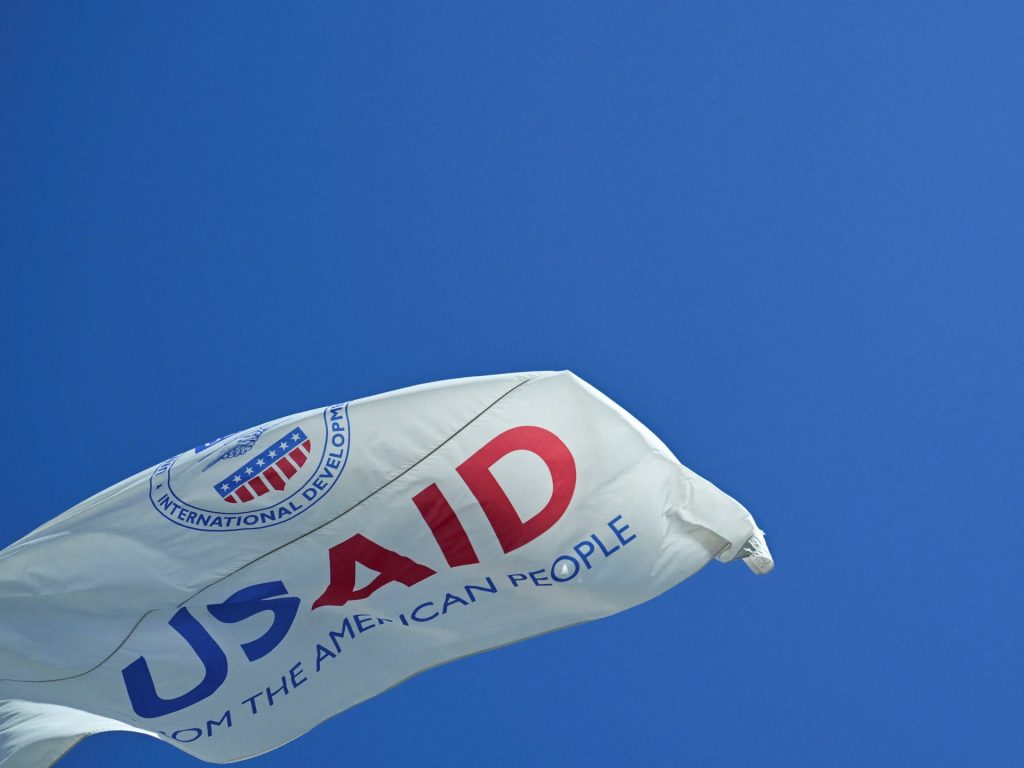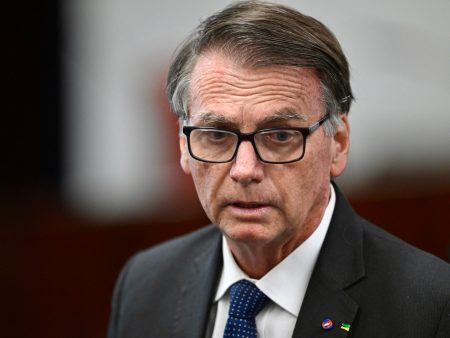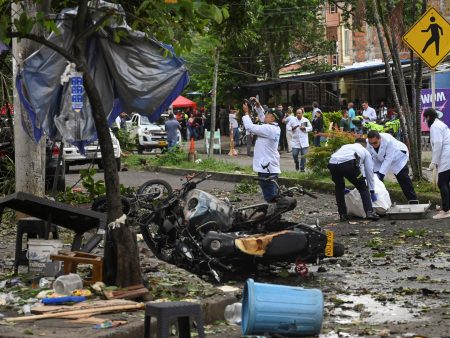The United States Agency for International Development (USAID), a cornerstone of American foreign policy since 1961, finds itself embroiled in controversy following a sweeping freeze on US foreign aid imposed by President Donald Trump. This action, which included placing hundreds of USAID contractors on unpaid leave and terminating others, has been further fueled by billionaire Elon Musk, Trump’s appointee to lead the newly formed Department of Government Efficiency (DOGE). Musk publicly called for the agency’s complete abolishment, labeling it a “criminal organization” beyond repair, and claiming President Trump shares his view. This has ignited a fierce debate over the agency’s future and its role in global affairs.
The controversy escalated following a reported confrontation at USAID headquarters. DOGE personnel, allegedly including Katie Miller, were reportedly denied access to secure areas due to lack of security clearances. While the White House denied attempts to access restricted areas, Miller’s subsequent social media post seemed to acknowledge the attempted entry, stating that no classified material was accessed without proper authorization. This incident, coupled with the unexplained disappearance of USAID’s website, points to a growing tension between the Trump administration and the agency. President Trump himself publicly criticized USAID, claiming it was run by “radical lunatics” who were being removed. These actions and statements, combined with the aid freeze, signal a significant shift in the administration’s approach to foreign assistance.
The calls for USAID’s closure have sparked a divided reaction in Congress. Democratic Senator Chuck Schumer condemned the potential move as illegal and detrimental to national interests, highlighting the ongoing “purging and intimidating” of USAID employees by the Trump administration. Republican Senator Rand Paul, however, echoed Musk’s sentiment, calling for the abolishment of all foreign aid. This partisan divide underscores the deeply rooted ideological differences regarding the role and effectiveness of foreign assistance within US policy. Democratic Senator Chris Coons further emphasized the potential dangers of eliminating USAID, arguing that it would undermine US leadership and global security, ultimately making the country “less safe.” He characterized USAID employees as patriotic Americans contributing to global stability and promoting American interests abroad.
Established during the Kennedy administration, USAID consolidated various existing foreign aid programs into a single agency responsible for economic development abroad. Historically, the agency has played a crucial role in disaster relief, poverty reduction, and promoting democratic reforms globally. Andrew Natsios, a former USAID administrator, credits the agency with contributing to US success during the Cold War, arguing that its efforts, while benefiting developing nations, also served US national interests. Prior to the recent freeze, USAID was the world’s largest single aid donor, disbursing $72 billion in fiscal year 2023 for a wide range of programs, from women’s health initiatives in conflict zones to clean water access, HIV/AIDS treatment, energy security, and anti-corruption efforts. The agency provided 42% of all UN-tracked humanitarian aid in 2024 and employs over 10,000 people. Its potential dismantling raises serious questions about the future of these vital programs and the impact on vulnerable populations worldwide.
USAID’s aid distribution reveals its global reach and priorities. In 2023, Ukraine received the largest share of assistance, totaling $14.4 billion, reflecting the ongoing conflict and humanitarian crisis in the region. Jordan, Yemen, and Afghanistan also received significant aid, highlighting the agency’s focus on regions facing political instability and humanitarian needs. While USAID is the largest US aid agency, with a budget of $42.45 billion, the State Department also plays a significant role, managing a $19 billion aid budget. These figures underscore the significant financial resources dedicated to foreign assistance and the potential ramifications of drastically reducing or eliminating these funds.
Despite its significant contributions, USAID has faced criticism throughout its history. Accusations of covert operations, such as the alleged creation of a “Cuban Twitter” to destabilize the Cuban government, have raised concerns about the agency’s methods and transparency. In 2023, Mexico’s President Lopez Obrador accused USAID of funding groups hostile to his government, echoing long-standing concerns about US interventionism in the region. While USAID promotes democratic ideals, its historical support of authoritarian regimes during the Cold War, often justified by strategic interests, has drawn criticism and raised questions about the consistency of its values. Furthermore, a 2024 audit revealed inefficiencies and bureaucratic challenges related to the management of indirect costs, highlighting the need for improved monitoring and documentation processes. These criticisms, while raising valid concerns, must be weighed against the agency’s overall impact and the potential consequences of its closure.
The future of USAID remains uncertain. While President Trump has not officially announced its closure, the aid freeze, coupled with Musk’s vocal opposition and the reported confrontation at the agency’s headquarters, suggests a potentially drastic restructuring or even dismantling. This raises concerns about the impact on US allies and the potential void left in global aid distribution, which could be exploited by competing powers like China. China’s growing influence in Latin America and sub-Saharan Africa, evidenced by substantial investments in infrastructure and development projects, presents a potential alternative for nations seeking aid and investment. Senator Coons warned that eliminating USAID would further cede ground to China, weakening American leadership and creating a more unstable global landscape. The ongoing debate surrounding USAID’s future highlights the complex interplay of domestic politics, foreign policy objectives, and the crucial role of foreign aid in a rapidly changing world.










